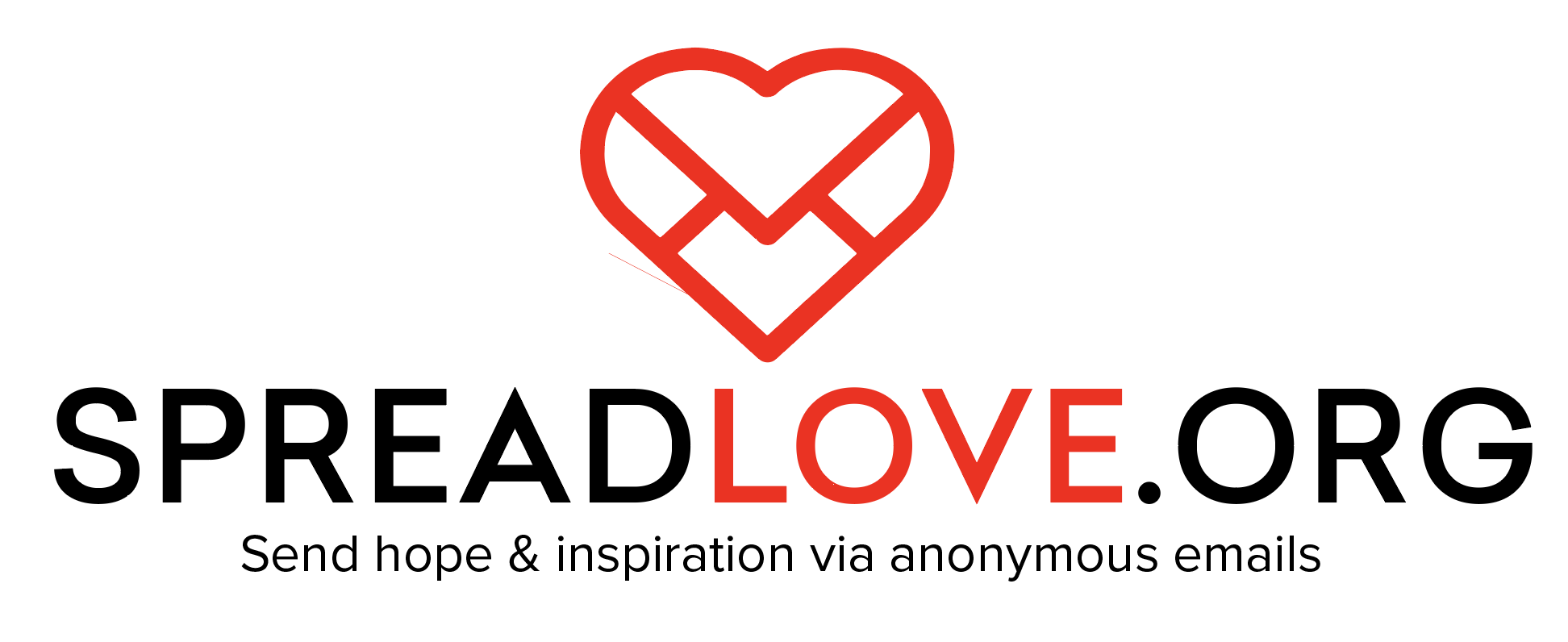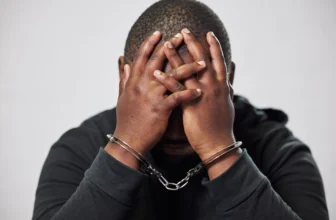Thanks to the actions of some racist and powerful individuals, many people of color grow up asking themselves, “Are white people evil?” It’s not an entirely surprising question to ask, but it still simplifies the situation. If all white people were evil, it would be much harder to hold any particular individual responsible when they act prejudiced or discriminate against someone else.
Coming to an understanding of the privileges that white people enjoy in modern society and what the concept of “white people” even entails will help you understand why some people act so badly while others don’t. It’ll also prove that there’s a difference between misusing power and being evil, which is a nebulous concept that is hard to apply to modern life.
What’s Making People Ask: Are White People Evil?
After years of movies, books, and other media that frame all struggles as righteous goodness against irredeemable evil, it’s easy to start addressing real-world struggles that way. Yet many people who ask, “Are white people evil?” are using a fictional narrative that oversimplifies the complexity of the situation. For example, a landlord who refuses to rent to tenants who aren’t white is not likely a plotting evil villain with no redeemable qualities. Instead, they’re a real person acting under prejudice as part of a larger system that allows or even rewards this kind of discrimination.
Seeing the many layers of power and structural inequality that lead to these kinds of situations adds context that makes it more understandable even as it remains just as inexcusable. Having an understanding of why and how a particular white person feels empowered to act “evil” is the only way to address what’s at the root of this behavior to effectively change it.
A History of Racism, Oppression, and Colonialism
When it comes to the concept of whiteness, it’s not as simple as skin color, ethnic identity, or genetics. White people as a group have only identified themselves in this way for a few hundred years, but in that time, the identity has been used to accumulate power and oppress other non-white groups. This has developed into truly shocking institutions and practices such as slavery, school segregation, Jim Crow laws, seizing land from Native tribes, and laws against interracial marriage, and that’s just in the United States. Around the world, self-identified white people have colonized countries, committed genocide, and much more.
Yet, just like with any other category of people divided by skin color or gender, it’s not possible to declare every white person as evil. Many white people have committed themselves to working against the very injustices created by others, including those who died fighting against slavery or to free colonized people. Every white person willing to stand up for others who don’t share their privileged position of power is a negative answer to the question, “Are white people evil?” In the long run, this kind of attitude isn’t any more productive than saying Muslim people are evil or that women are evil.
Understanding Inflammatory Language vs. Structural Power
If you hear someone saying that all white people are evil, it’s easy to take it personally and think they’re being unfair. However, you must understand that there is a major difference between inflammatory language, which is said out of frustration, and language that supports structural discrimination. For example, this kind of statement is not a form of “reverse racism.”
Racism isn’t simply a matter of prejudice, which is a term that could describe calling white people evil. Prejudice means you have a negative attitude towards someone for a specific feature or characteristic, such as their race. However, racism involves taking that prejudice and combining it with structural power that reaches farther than any one person.
For example, a person who is prejudiced against white people might not hire them for a job. However, white job applicants have plenty of other places to choose from because there’s no structural racism against them. In contrast, a black job applicant is likely to experience prejudice throughout the job application process and while dealing with multiple companies. This is due to the entire structure of white-centric culture that centers “whiteness” as normal and anything else as outside of the norm. That makes the effects far greater and harder to fight than basic prejudice. While you might not like hearing that someone thinks you’re evil because you’re white, it’s not likely to affect you in the long term like structural racism would. Volunteering in a position that benefits oppressed minorities in your local area can help you make a difference rather than worrying about stereotypes.
So, Are White People Evil?
Despite the many negative actions taken by white people around the world, there are still plenty of people within this demographic who work against those efforts. It’s simply not as easy as declaring an entire race evil or good, whether that’s asking if Jewish people are evil or saying that Black people are bad. While saying that white people are evil is an understandable way to relieve frustration after experiencing racism, it’s important to understand discrimination and structural power in a more nuanced way.
Centering the power of a diverse group of representatives and working to dismantle white supremacy can help end the effects of racism without the need to answer philosophical questions about good and evil. Visit Spread Love to learn more about our mission of promoting love, respect, and unity across all walks of life.

Are Women "Gold Diggers"?





